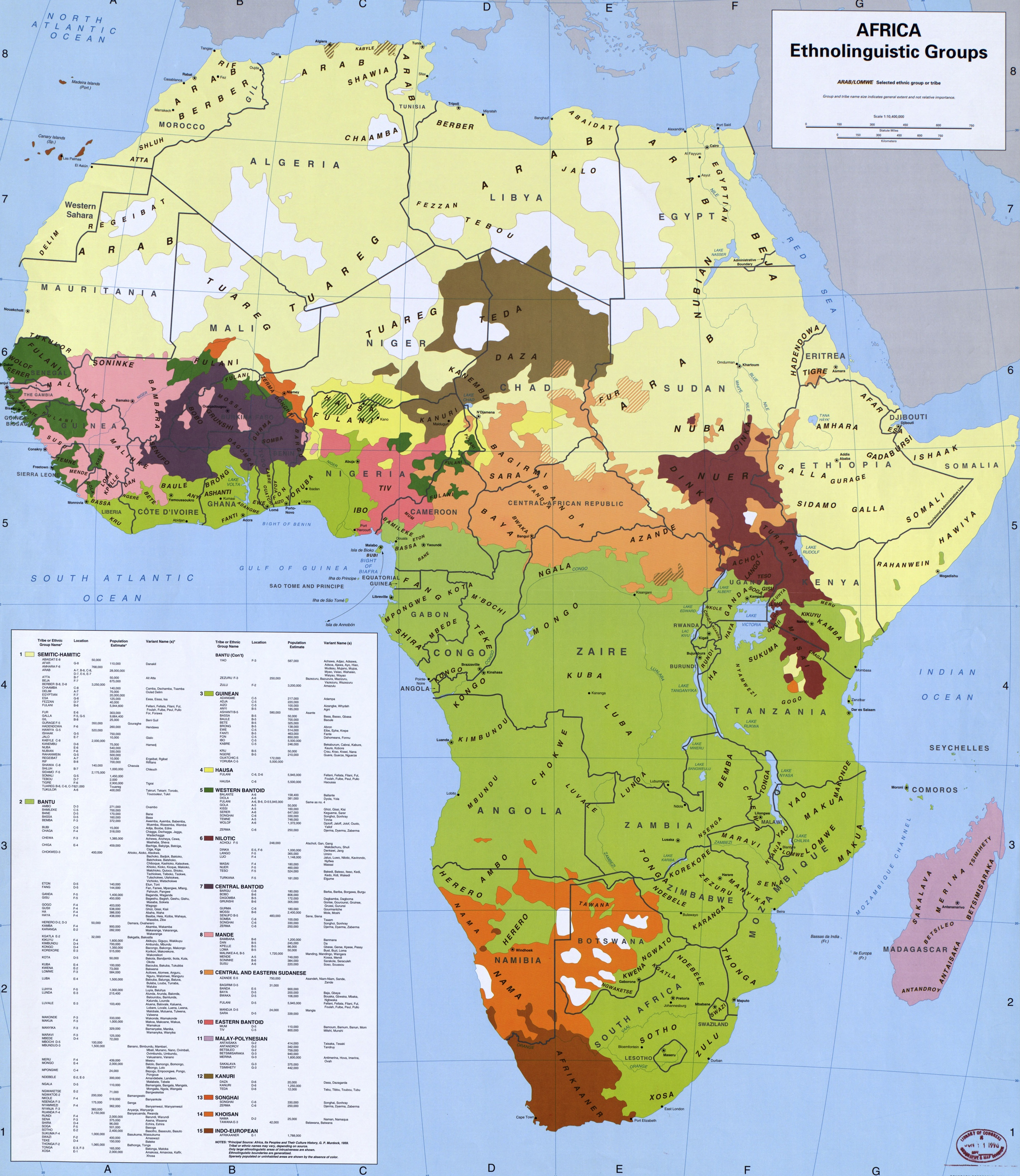“He’s so classic that I’m archiving video clips of him to use in workshops because there’s no better example of his characteristics,” said clinical psychologist George Simon, who conducts lectures and seminars on manipulative behavior. “Otherwise, I would have had to hire actors and write vignettes. He’s like a dream come true.”
- To reach the level of a personality disorder, the behavior must be deeply ingrained, intense, displayed in a variety of situations, and maladaptive, causing long-term difficulties in personal relationships or in functioning in society.
A favorite illustration; when the Chicago Trump Tower and Hotel project borrowed $640 million from Deutsche Bank to get underway, Trump personally guaranteed $40 million of it. When the financial crash hit in '07-8, the bank asked for their money, so Trump sued the bank for $3 Billion. He sued them! He sued the people he owed money to for 75 times the amount he had personally guaranteed. He sued them! He claimed the market turmoil was the equivalent of an act of God, and he shouldn't have to pay. A reasonable business person would have made a good-faith payment and negotiated the terms for resolving the problem, but not Trump. Apparently, he'd rather spend money on the battle than pay the debt he actually owed.
There's a chance that this isn't a disorder, but a strategy.
Consider, Syrian refugees and the Paris violence - All the Republicans are endorsing tighter controls even going so far as to recommend a pause in refugee acceptance. Trump goes to the extreme and says, "Ban all Muslims from entering the U.S." In doing so, he became the centerpiece of media discussion for more than a week while other candidates are relegated to sideline commentary. His recommendation was unreasonable and unworkable in any form. When asked about it, Trump interrupted and sidestepped from the practical realities while maintaining center stage.
He's oddly persistent when caught in inaccurate statements. E.g., "... thousands of people were cheering as the building was coming down," that Trump claims to have seen in New Jersey on 9/11. When asked, he insists, "I'm not going to take it back."
Trump supporters may not actually agree with him, it turns out, as his claims and proposals often break down when examined. Perhaps they just share his dissatisfaction with the current government. With the media-enhanced explosion of fear in the nation recently, little of the discussion is clearly productive.












